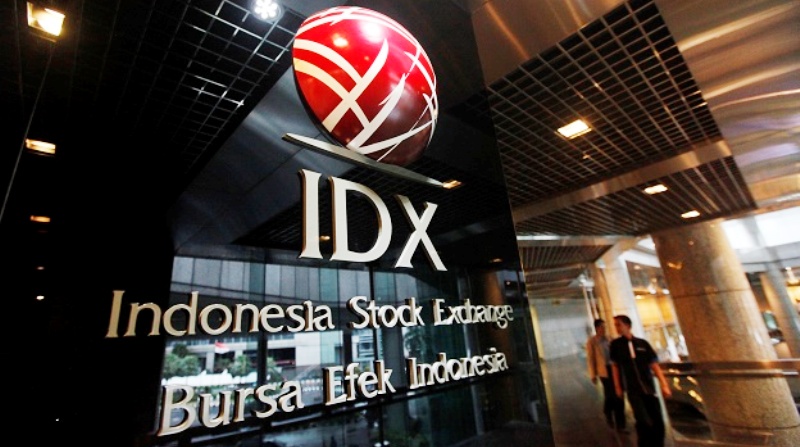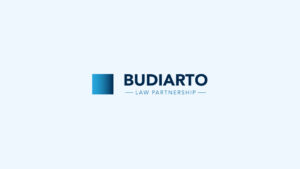The Indonesia Stock Exchange (IDX) has introduced a new decree* relating to the delisting and relisting of companies, to enhance investor protection (the New Decree). The New Decree regulates two types of delisting, voluntary and forced – either on the order of the Financial Services Authority or the IDX. The New Decree requires delisting companies to comply with mandatory public disclosure requirements and mandatory share buyback requirements.
In addition, the New Decree increases the voluntary delisting fee to five times the latest annual listing fee.
Under the New Decree, forced delisting requirements include disclosure obligations. As for delisting on the order of the Financial Services Authority, the company is required to announce the progress of the process of changing its status from public to private company. Whereas for delisting on the order of IDX and leads to the securities suspension, the company is required to disclose its restoration plan and the restoration progress.
The New Decree modifies the rules around the delisting of Debt Securities and Sukuk (Efek Bersifat Utang dan Sukuk) from the IDX. Under the updated provisions, delisting can occur in three ways: at the request of the company that issued the securities, by an order from the IDX, or automatically when the securities are settled or concluded through a corporate action, such as a merger or acquisition.
In relation to relisting, the New Decree mandates that when a company that was previously delisted from the IDX is relisted, it will regain its original stock code. That is, IDX will assign the same code the company had before it was delisted.
Finally, the New Decree simplifies and streamlines the criteria for relisting shares on one of three specific boards: the Main Board, Development Board, or New Economy Board.
*Decree of the Board of Directors of the Indonesia Stock Exchange No. Kep.00054/ BEI/05-2024 concerning Regulation No. I-N on the Cancellation of Listing (Delisting) and Relisting.




